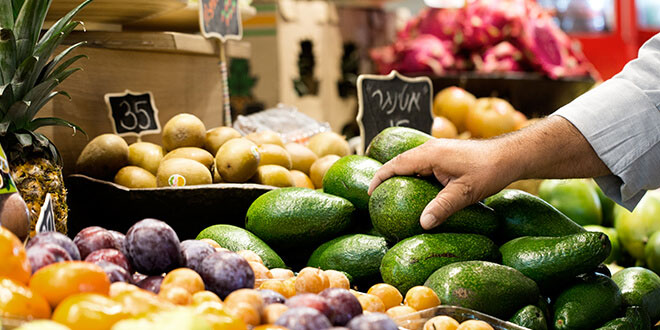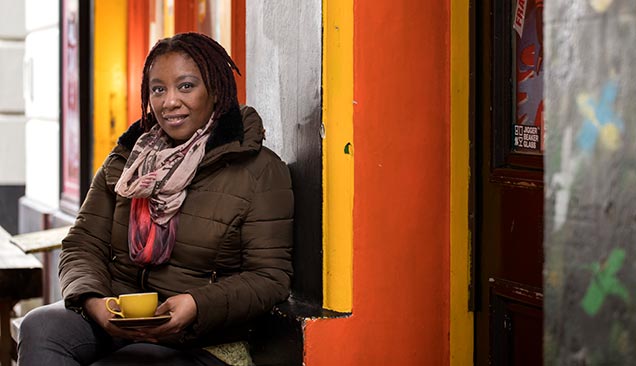Do I need to follow a special diet? Is there something I can't eat?
After any type of surgery it takes a while for your body to adjust and the same is true after your colostomy surgery. In time you’ll find that you should be able to eat the same foods you used to eat.
Below are some general food guidelines that are helpful for people who have a colostomy. However, if your Healthcare Professional has recommended a special diet, you should follow that advice.

Will I react differently to certain foods?
As is the case for anyone, you might find that certain foods give you gas or cause some discomfort. If you think a particular food is causing problems after your surgery, try avoiding that food for a while. Then re-introduce it into your diet later, and see how your body responds. You should do this with any “suspect” food at least three times. This will help you verify whether the food really does pose a problem for you.
Is it normal to have gas?
Yes. Gas is created by two natural processes. It is produced in your bowel when carbohydrates (sugars, starches and fibres in food) are broken down in the large intestine. Gas can also develop from the way you eat, so you should eat slowly. It will also help to avoid chewing gum, drinking through a straw and talking with food in your mouth. It may take five or six hours from the time you eat until gas passes from your stoma.
Filters are now available on most colostomy pouches. The charcoal filter allows gas to be deodorised before leaving the pouch. Sometimes liquid stools can clog the filter, at which time the pouch may need to be changed.
Foods that cause gas in one person don’t necessarily cause gas in everyone, so take note of the foods that affect you.
Gas-Producing Foods and Drinks:
- Cabbage
- Cucumber
- Onion
- Broccoli & cauliflower
- Corn
- Peas
- Soft drinks
- Beer
When will I - or others - notice odour?
The only time you or anyone else should notice an odour is when you are emptying your colostomy pouch. As mentioned above, filters in the pouches can help eliminate odour from gas.
Some people prefer to carry bathroom deodoriser with them. This can be helpful when using a restroom in a public place.
Foods that cause bad stool odour:
- Fish
- Eggs
- Cheese
- Beans
- Cabbage

What should I do if I have diarrhoea?
Sometimes you may have diarrhoea just as you did before your colostomy surgery. Loose, runny stools can be caused by a flu-like illness, your body’s reaction to food, or a medication such as an antibiotic.
Foods that can help thicken stool:
- Bananas
- Potatoes
- Bread
- Pasta
- Cheese
- Rice
When you have diarrhoea your body loses water, sodium and potassium. You’ll need to drink plenty of extra fluids, including a 250ml glass of water every time you empty your pouch. Sports drinks can help you replace sodium and potassium. If you have three or more consecutive loose stools, however, you should contact your doctor.
Some final comments
Feeling comfortable with your body is important, especially after this type of surgery. It’s equally important to enjoy good food as a part of a full life. We’re hoping these guidelines are helpful to you. As always, contact your Healthcare Professional with specific questions.



